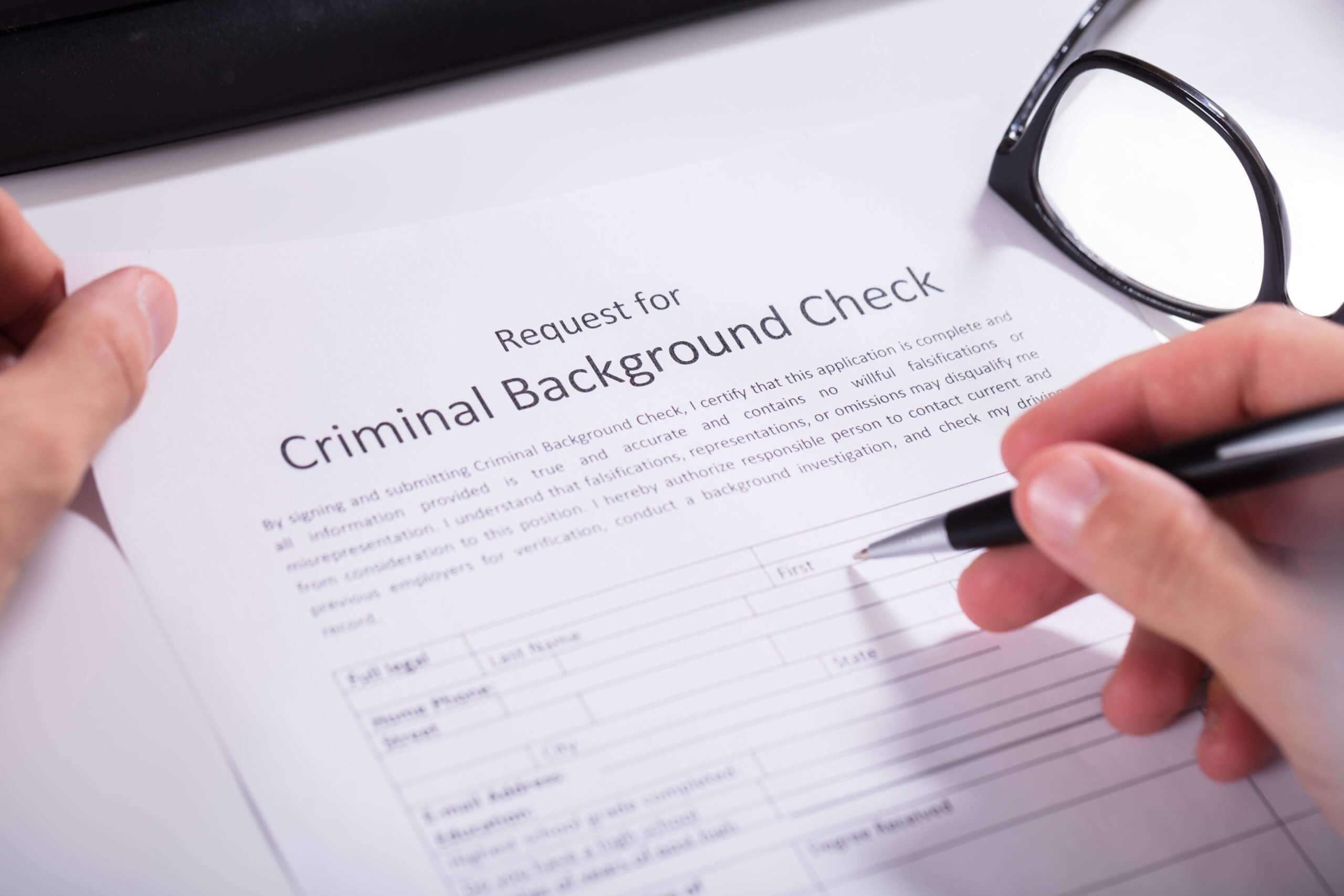On April 12, 2020, Virginia Governor Ralph Northam signaled his approval of—but has not yet signed—legislation (House Bill 972) that would decriminalize simple possession of marijuana. Under the bill, an individual found to be in possession of no more than one ounce of marijuana would be subject to a maximum civil penalty of $25. This would be a significant reduction from the current penalty for simple possession, which carries a maximum fine of $500, up to 30 days in jail, and a criminal record. The impact of decriminalization on Virginia’s criminal process has been the highlight of the legislation, but the bill would also include restrictions that impact the application process for employers operating in the Commonwealth.
Sealing of Criminal Records and Prohibition on Applicant Questions
The legislation would require that criminal records related to previous prosecutions for simple marijuana possession be sealed with disclosure available only under limited circumstances. In addition to sealing previous criminal records, the bill would prohibit any employer or educational institution from requiring an applicant to disclose information related to any arrest, criminal charge, or conviction for any decriminalized possession of marijuana. Once the bill is enacted, each violation of the new restriction for simple possession (i.e., possession of no more than one ounce of marijuana) would be punishable as a Class 1 misdemeanor.
Governor Northam proposed several technical amendments that have been reviewed and adopted in part by the General Assembly. Unless the governor takes further action before May 22, 2020, the legislation will be formally enacted and will take effect on July 1, 2020.
Key Takeaways
It appears likely that the legislation will be enacted, so employers may want to review their application process and prepare to modify procedures to ensure compliance before decriminalization takes effect. Employers that are parties to collective bargaining agreements may want to review language related to applicant screening to address any provisions that may be invalidated by the legislation.
Ogletree Deakins will continue to monitor developments on the legislation and will post updates on the firm’s blog as additional guidance becomes available.






